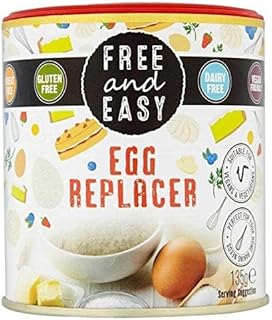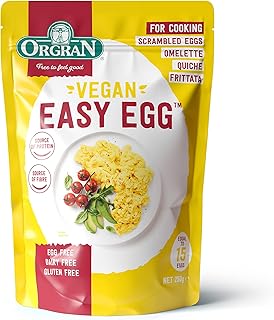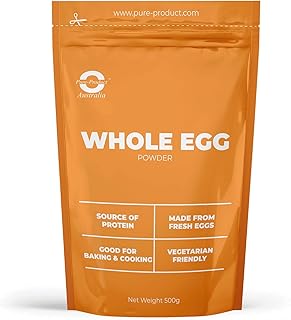The global market for egg replacers is on a steady rise, with a projected value of $3.3 billion by 2029, according to a recent report by MarketsandMarkets. The demand for egg substitutes is being driven by various factors, including the need for allergen-free options due to the prevalence of egg allergies among young children. This has led to a significant shift towards plant-based alternatives in the food industry, driven by trends like flexitarian diets and sustainable eating practices.
One of the key aspects fueling the demand for egg replacers is the versatility and convenience offered by dry egg substitutes. These substitutes have a longer shelf life, are easy to store and transport, and do not require refrigeration, making them appealing to both manufacturers and consumers. In addition, the plant-based source of egg replacers is experiencing rapid growth, driven by increasing consumer awareness of health and sustainability issues.
Starch-based egg replacers, derived from sources like corn, potato, and tapioca, are gaining popularity in the market due to their functional properties and cost-effectiveness. Starches can mimic the binding, thickening, and gelling properties of eggs in a wide range of food applications, making them a preferred choice for manufacturers looking to reduce production costs without compromising on quality. Moreover, starch-based egg replacers are viewed as natural and wholesome, aligning with the growing demand for clean-label products.
The Asia Pacific region is emerging as a key market for egg replacers, driven by urbanization, a rising middle-class population with higher disposable incomes, and a growing demand for convenience foods and bakery products. The region’s focus on sustainable and ethical sourcing in the food industry is also contributing to the adoption of egg replacers. Innovations in food technology have further enhanced the functionality of egg replacers, making them a viable alternative to traditional eggs without compromising on taste or texture.
Key players in the egg replacers market include industry giants like Cargill, ADM, Kerry Group plc, and Tate & Lyle. These companies are at the forefront of driving innovation and meeting the evolving demands of consumers in the food industry. As the market continues to expand, fueled by changing consumer preferences and regulatory initiatives promoting food safety and quality standards, the competitive landscape is expected to become more dynamic, creating new opportunities for growth and development.
In conclusion, the egg replacers market is poised for significant growth in the coming years, driven by a combination of factors such as allergen concerns, sustainability trends, and advancements in food technology. As consumers increasingly seek plant-based alternatives and clean-label products, the demand for egg replacers is expected to continue on an upward trajectory, presenting lucrative opportunities for manufacturers and suppliers in the food industry.
📰 Related Articles
- Folding Bikes Market Set for Rapid Growth Amid Urbanization
- Sports Betting Market Set for Accelerated Growth Amid Technological Advancements
- Soy Protein Market Set for Strong Growth Amid Government Support
- Off-Road Motorcycle Market Set to Double by 2031 Amid Innovation and Growth
- Hydrolyzed Egg Yolk Powder Market Set for 7.6% CAGR Growth





